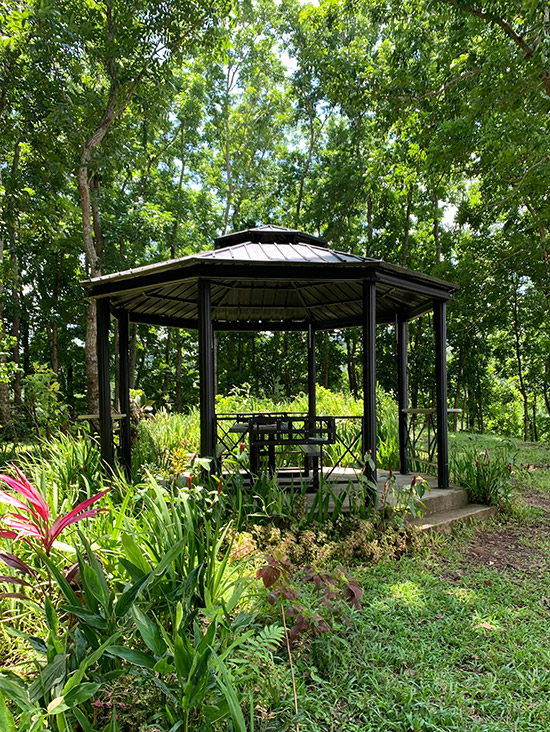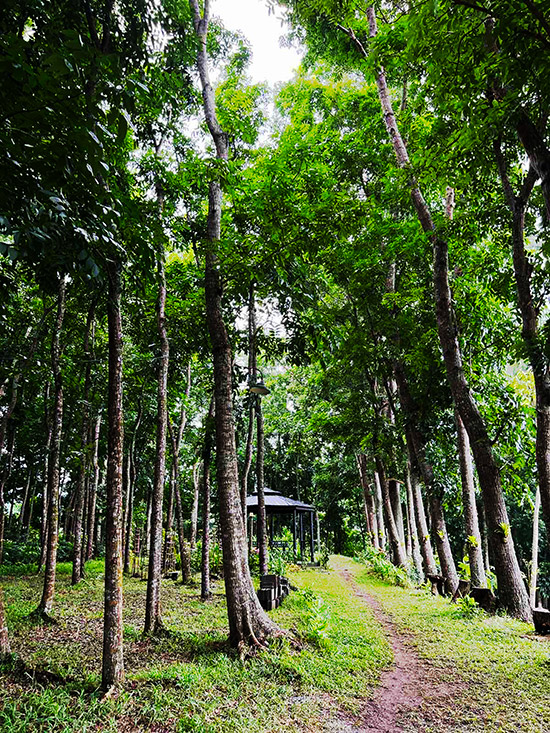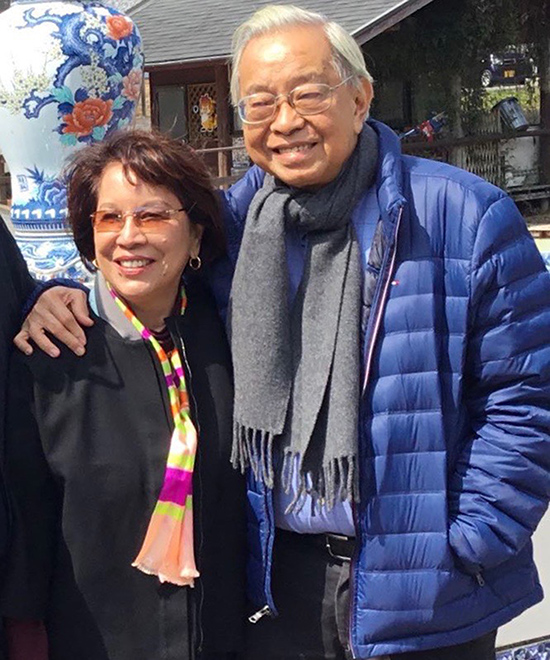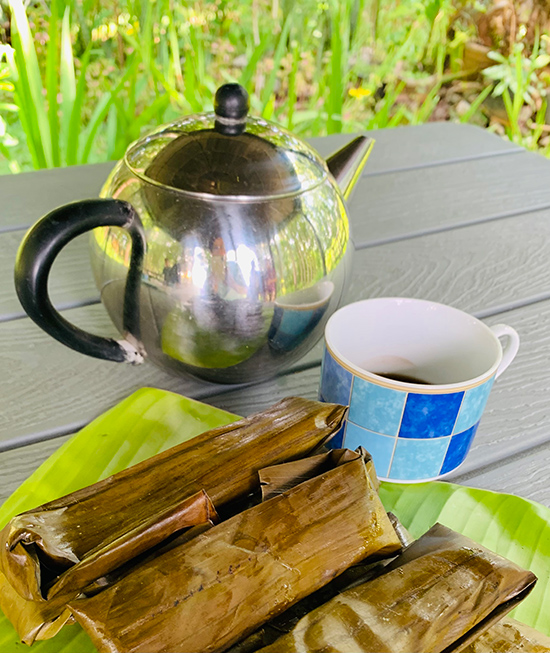How I earned my degree in Agriculture —from the University of YouTube
I’ve always been a city girl. I’ve lived for long stretches in Geneva, Paris, Beijing and New York and reveled in the energy, vitality and, yes, even brashness of the concrete jungle. It was exciting to arrive in a new country and learn its language, culture, history and geography. To meet interesting people and great minds and realize that though we came from opposite sides of the earth, we were really not very different from each other.
But in time my husband, Philip, retired and we came home to family and friends. Although we had lived abroad for many years, home was always the Philippines. There was never any question of going anywhere else. There were never adjustments or comparisons to make. This is where we belonged.
About four years ago, we fell in love with a small farm just a short drive from Manila. By good fortune, it is located in the province where Philip’s parents and my mother came from. The property lies at the foot of the Malipunyo Range or Mount Malarayat that traverses the provinces of Batangas, Laguna and Quezon. It is these mountains that dominate the landscape and give the area its idyllic beauty.

A distinctive feature of the farm is the over 6,000 mahogany trees planted by its previous owner 30 years ago. One enters by walking through a forest of these majestic trees, about 40 to 50 feet high, and one immediately feels the abrupt change in temperature. We instantly fell in love with the cool climate, the peace and tranquility these trees exuded.
From this mini forest, the land slopes gently downward towards a creek that borders the property. The slope is planted to citrus — dalandan, calamansi, pomelo — while the lower level boasts different species of mature fruit and ornamental trees.

It was while enjoying this idyllic existence that the pandemic struck. The farm was one of the few places we felt safe visiting. With time on our hands, we decided to clear another area of the farm to create an orchard.
It was fun choosing our favorite fruits, declaring, “Let’s plant lansones, mangoes, avocadoes, caimitos!” The list would go on and on. Before we knew it we would start recounting childhood stories: how I skinned my knee climbing the mango tree; how my mother boiled guava leaves to clean the wound so there would be no scar; how my sister and I would hide amidst the branches of the aratilis tree in our backyard and eat the berries while spying on our neighbors from our secret vantage point.
The fruits are my gifts to future generations to enjoy and to cherish. The farm is for them to learn from nature.
It was easy to fantasize, but how would I tackle such an ambitious project when I didn’t even know how to garden, let alone farm? That’s when I discovered YouTube. With a tap of my finger, I had access to a wealth of information on how to plant, prune, fertilize. My family teases me that I now have a degree in agriculture from the University of YouTube!
In truth, I am indebted to the many angels who came to my rescue and made my dream a reality.

When we bought the farm, we took on the services of the former caretakers. The couple and their children have since become not just our helpers, but also our friends. We value their experience and practical knowledge. Theirs is wisdom not from books but from life.
A chance meeting led me to the University of the Philippines Los Baños Plant Nursery whose owners not only provided top quality seedlings but encouraged me, held my hand and generously gave advice. They came to the farm and noted that by sheer luck the mahogany trees surrounding the field had created a barrier protecting the newly planted seedlings from cross-pollination. Thus keeping the integrity of the plants.

Another serendipitous discovery was when I learned that my cousin’s farm had the oldest recorded liberica (barako) coffee trees planted in 1887. She generously shared seedlings for us to plant in our property. When these barako trees eventually produce coffee, we will be able to trace the beans’ lineage directly to these ancient trees.
My children ask why I plant when I might not live to savor the fruits of my trees. Perhaps that’s not the point. The fruits are my gifts to future generations to enjoy and to cherish. The farm is for them to learn from nature — patience and gratitude — and to respect it.
The pandemic has allowed me to discover a different side of myself I did not know existed. Life is indeed full of surprises. Who would have thought that this city girl would one day trade in her city life for the stillness and beauty of the countryside? And, in a sense, return to her roots.


